
The Minister of Education, Haruna Iddrisu, has announced that government is considering a review of the law governing the operations of private tertiary institutions in Ghana, to grant them more time to meet the Ghana Tertiary Education Commission’s (GTEC) requirements for charter status.
He made the revelation when he appeared before Parliament’s Public Accounts Committee (PAC) on Monday to respond to queries raised in the Auditor-General’s 2024 report on the accounts of public boards, corporations, and statutory institutions.
In what he described as a pragmatic approach to higher education regulation, the Minister declared that “Government is reviewing the position of GTEC on the compliance deadline for private universities that are yet to obtain charters.
“There may be a policy review to extend the moratorium not in perpetuity, but to give them some space and time.”
He emphasised that the intention was not to compromise quality, but to strike a balance between upholding standards and ensuring that Ghanaian students are not denied access to higher education opportunities.
“It would be a denial if we were to be high-handed in enforcing this law. Not every qualified Ghanaian student gains admission into a public tertiary institution. We must give private universities room to complement government’s efforts,” he stated.
Minister defends GTEC’s mandate
HarunaIddrisu, who appeared with key officials from his ministry, including Chief Director Lydia Esua and GTEC Director-General Prof. Abdullah Junaid, affirmed that GTEC’s regulatory actions were lawful and necessary.
“The Director-General of GTEC is acting in accordance with his mandate and the law,” the Minister said in response to concerns raised by committee members about perceived selectivity in enforcing compliance among private tertiary institutions.
He noted that government fully supports GTEC’s drive to ensure that all tertiary institutions meet minimum academic and infrastructural standards.
However, he cautioned that implementation must be tempered with a sense of fairness and realism.
“We will not perpetuate exemptions, but we must be mindful of the economic conditions and allow a transition period for compliance,” he said.
The Minister explained that a charter was a legal requirement confirming that a private university meets the minimum standards in infrastructure, academic programs and faculty qualifications to operate independently and award its own degrees.
“If, for instance, an institution offers biology or physics without a functioning laboratory, GTEC cannot endorse such training. Accreditation and quality assurance are non-negotiable,” he noted.
Private sector support crucial to education expansion
HarunaIddrisu lauded the contribution of private institutions, especially faith-based ones such as the Catholic, Pentecost and Presbyterian universities, for their role in expanding access to tertiary education in Ghana.
“These private institutions have done well in partnering government to provide higher education. Their involvement reduces pressure on public universities and creates opportunities for many young Ghanaians,” he said.
He, however, cautioned that the ongoing review would not mean a permanent exemption.
“We’ll review the law, but not forever. We cannot keep extending the deadline indefinitely. There must be a balance between support and accountability,” the Minister added.
Challenges with recruitment at tertiary institutions
Touching on staffing challenges within the tertiary sector, the Education Minister urged the Ministry of Finance to speed up the process for granting financial clearance to universities that need to replace retiring faculty members.
“When a lecturer or medical specialist retires, and clearance to replace takes one year, the institution and students suffer. The response from the Minister of Finance must be timely,” he said.
He clarified that replacement approvals should reflect the level and role of the staff involved: “A watchman leaving is not the same as a lecturer leaving. Replacements must match the standing of the person being replaced.”
HarunaIddrisu further assured the committee that his ministry would work closely with the Finance Ministry to streamline the recruitment process and safeguard the academic integrity of universities.
Audit findings and debt recovery progress
The sitting also reviewed GTEC’s financial performance, where committee members raised concerns about outstanding receivables amounting to GH¢1.3 million dating back to 2017.
In response, officials from GTEC reported significant progress, revealing that GH¢999,276 of the amount had already been recovered, leaving a balance of GH¢308,194.
“Institutions were served demand notices and a debt recovery task force was set up. We have supporting evidence of payment for the recovered amount and the remaining balance will be pursued,” GTEC officials stated.
Auditor-General representatives present at the session confirmed the recoveries, noting that “the receipts and bank statements reviewed support the reported recoveries of GH¢999,276 leaving GH¢308,194 outstanding.”
The Education Minister welcomed the progress and directed that “definitive timelines must be given for the payment of all fees to forestall future occurrences of institutional debt.”
Technical and vocational training gains global attention
In another development, the Minister highlighted the growing international support for Ghana’s Technical and Vocational Education and Training (TVET) initiatives.
He explained that the Commission for Technical and Vocational Education and Training (CTVET), which was separated from the Ghana Education Service to focus on skills development, continues to receive strong donor support from Germany, Italy and the European Union.
“Government’s emphasis on TVET is to equip young people with the skills needed for the world of work. CTVET is performing well, with increased internally generated funds and strong donor backing,” he said.
Research institutions show fiscal discipline
The session also examined the financial statements of the Ghana Academy of Arts and Sciences and the Ghana Science Association.
The Minister praised their management for maintaining fiscal discipline and improving liquidity ratios despite limited funding.
He noted that the Ghana Academy of Arts and Sciences had benefited from the Ghana Education Trust Fund (GETFund), which contributed to a rise in its other income from GH¢683,000 in 2012 to GH¢1.7 million in 2020.
“The Academy remains an essential institution for promoting research in science, mathematics, and engineering, and government remains committed to supporting its work,” HarunaIddrisu said.
PAC commends Ministry’s cooperation
Chairperson of the Public Accounts Committee, AbenaOsei-Asare, commended the Education Ministry and its agencies for their cooperation and transparency before the committee.
Vice Chairperson David Sansa-Ofori added that the ministry’s handling of regulatory and financial matters had shown improvement compared to previous years.
Ranking Member Samuel Atta-Mills, who chaired the day’s session, urged the Education Ministry to maintain fiscal discipline and strengthen collaboration with the Ministry of Finance to address lingering challenges in recruitment and resource allocation.
For more news, join The Chronicle Newspaper channel on WhatsApp: https://whatsapp.com/channel/0029VbBSs55E50UqNPvSOm2z
The post We Won’t Shut Down Private Universities -Haruna appeared first on The Ghanaian Chronicle.
Read Full Story
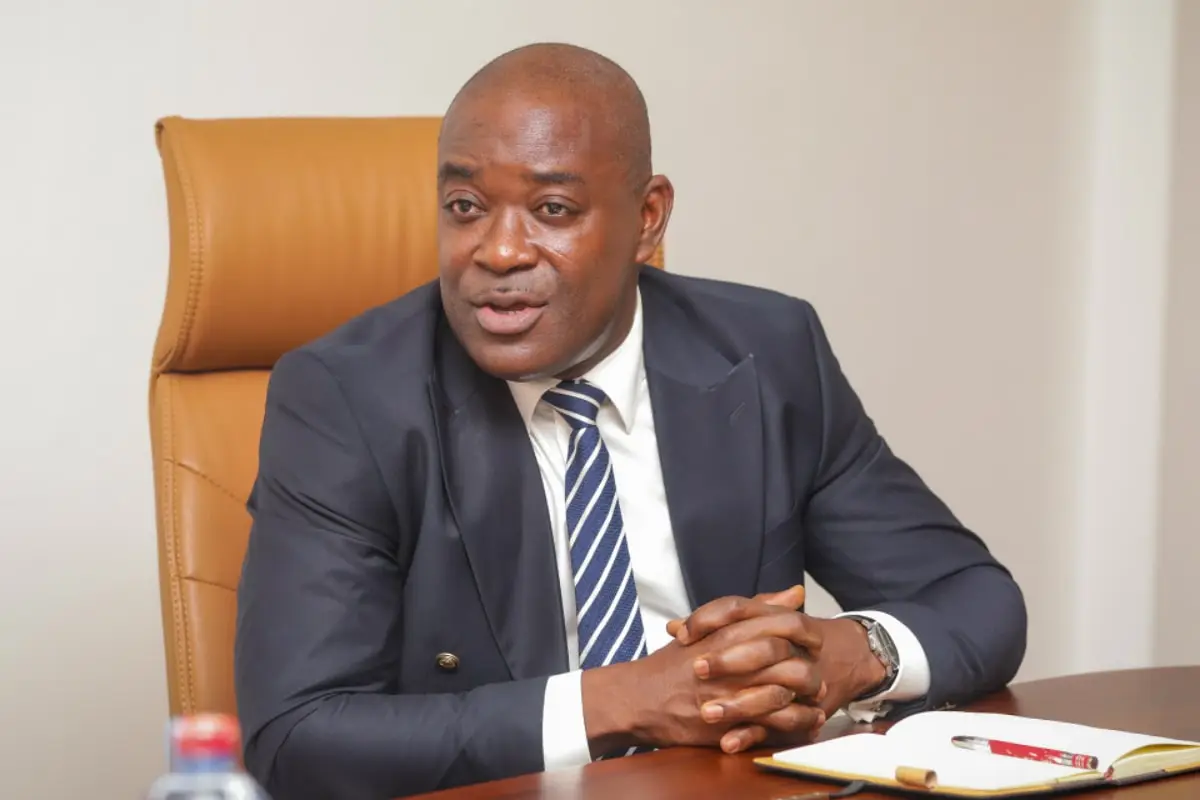
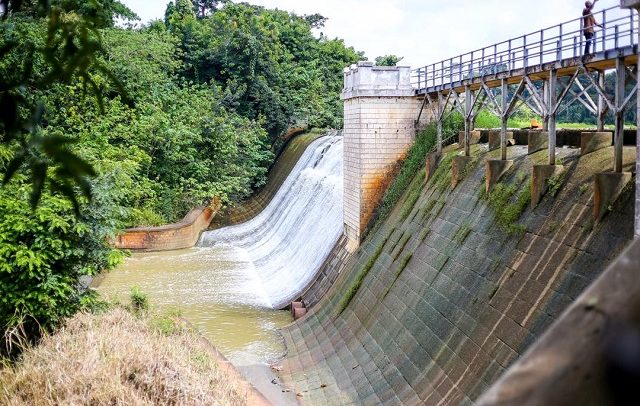



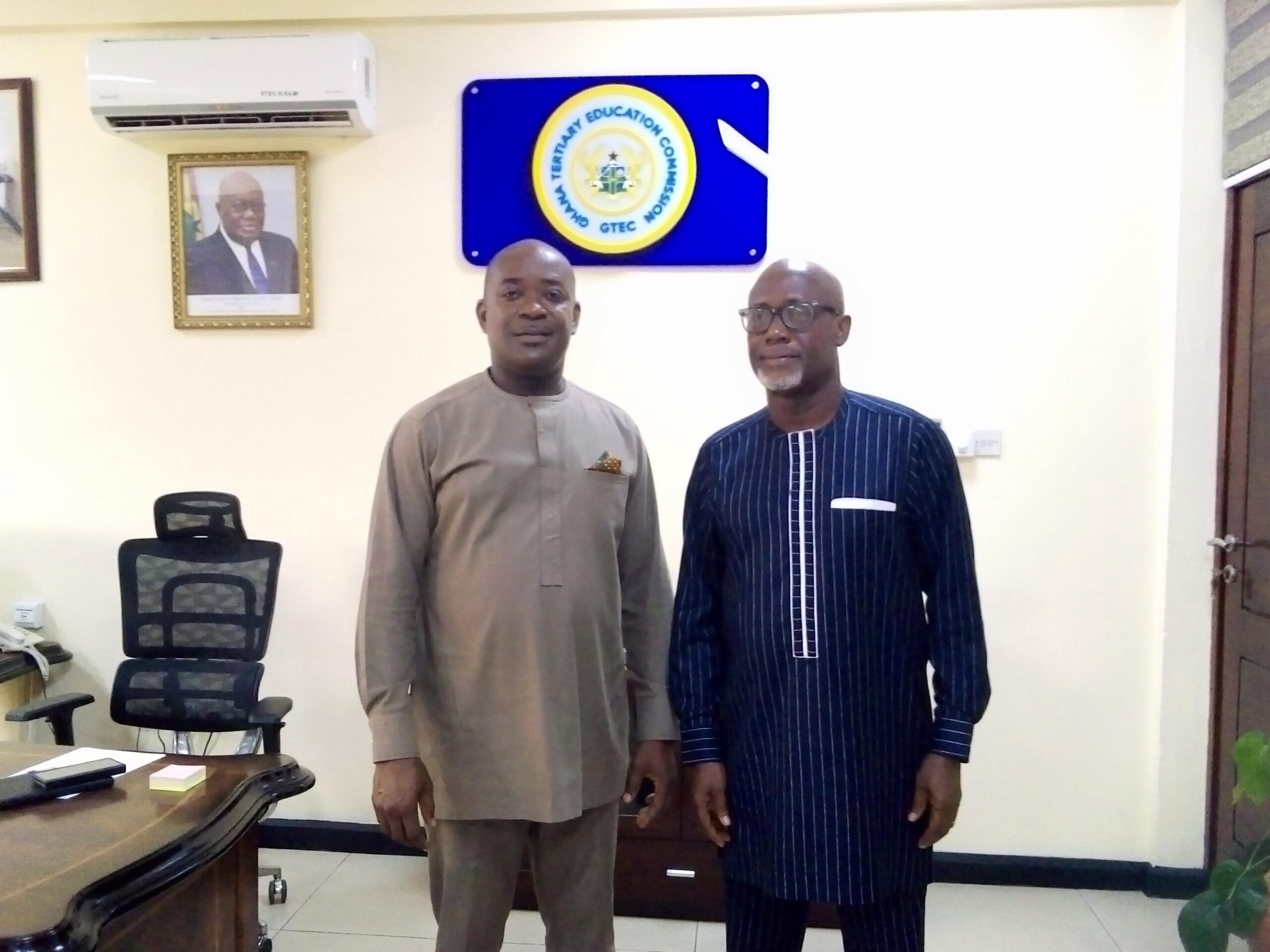

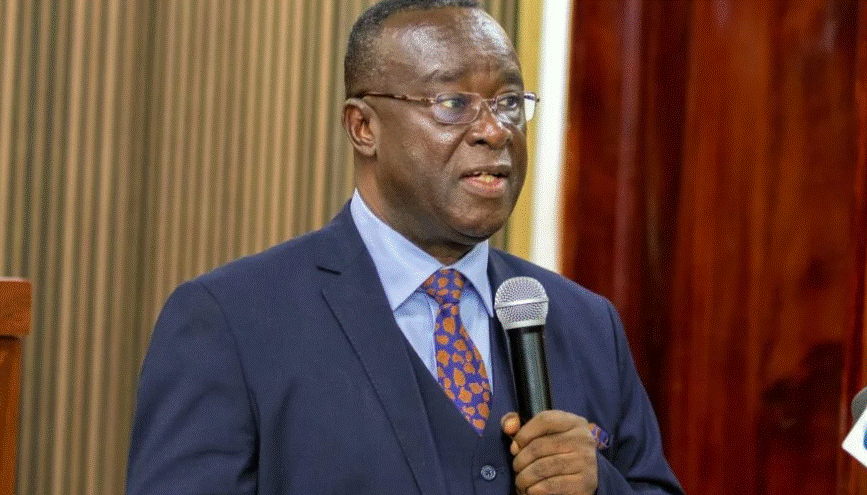

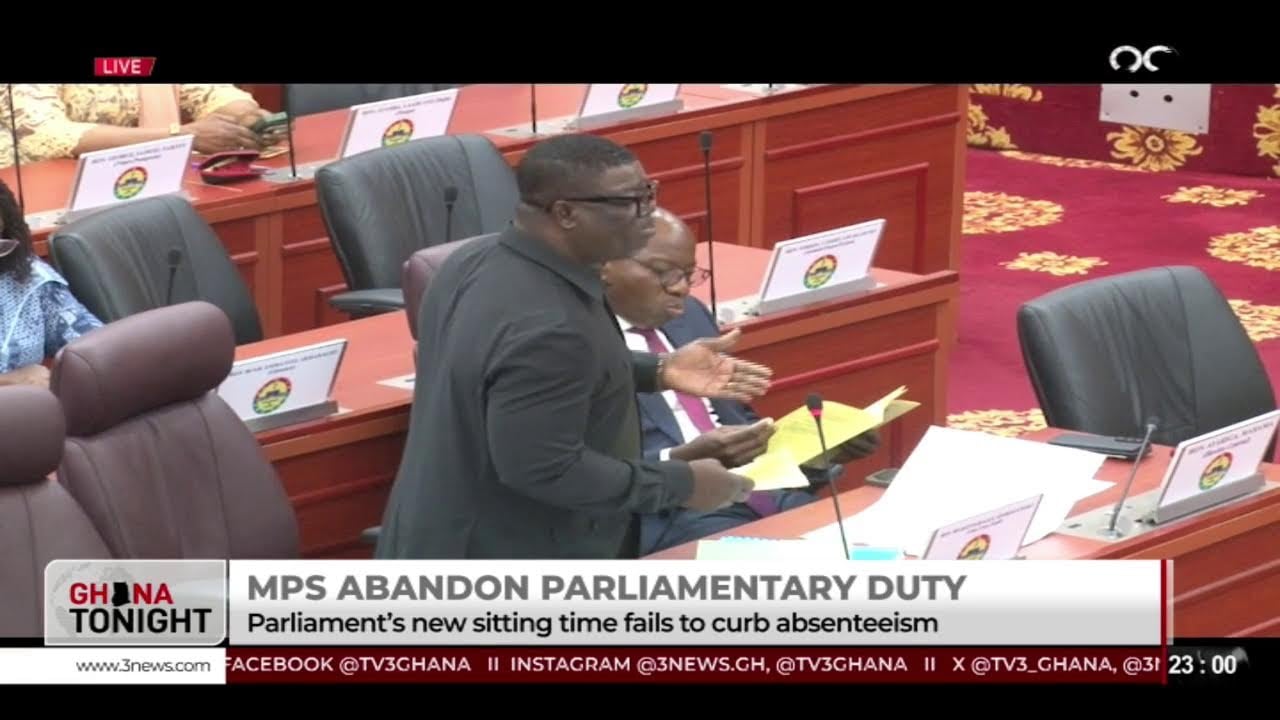

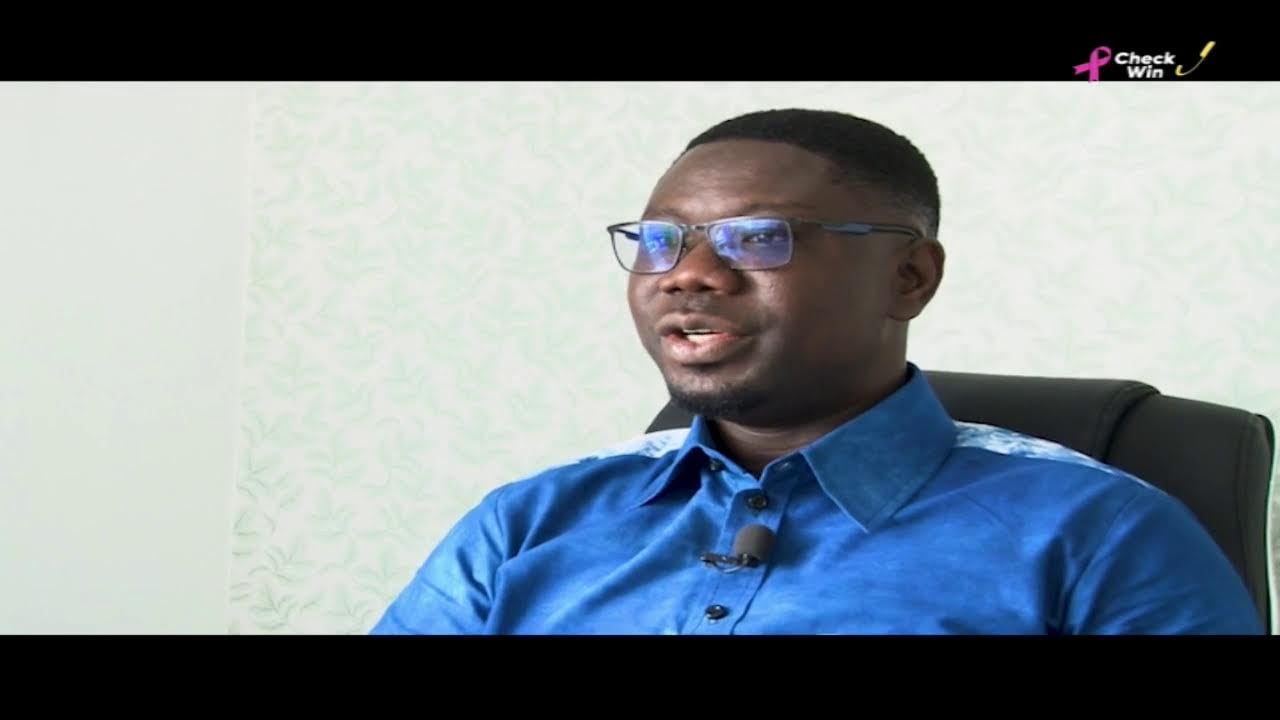




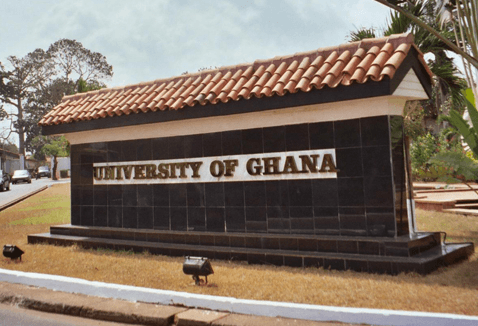








Facebook
Twitter
Pinterest
Instagram
Google+
YouTube
LinkedIn
RSS